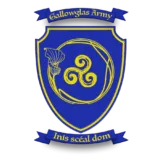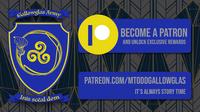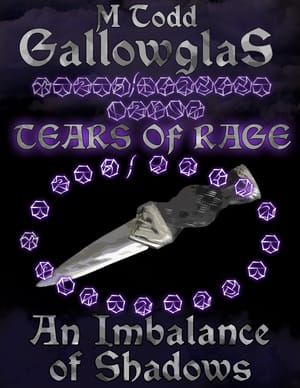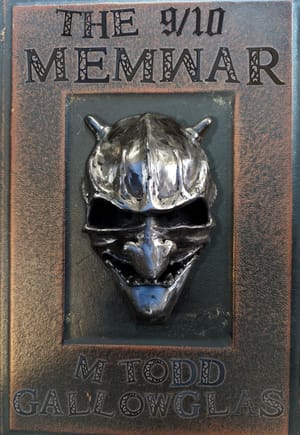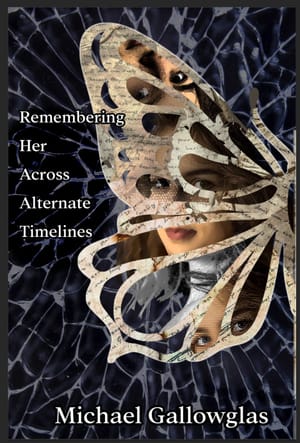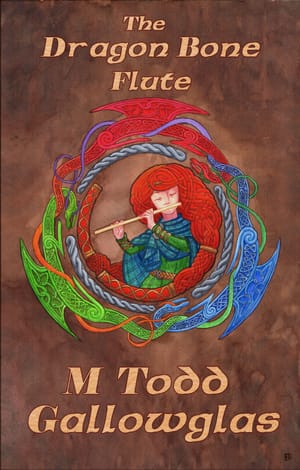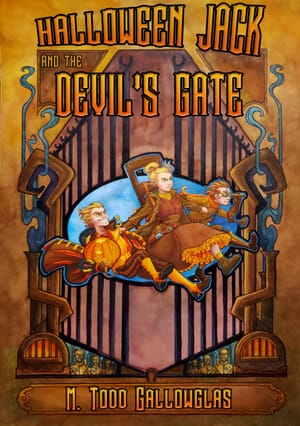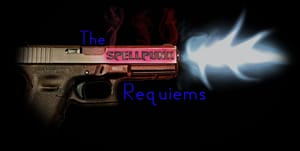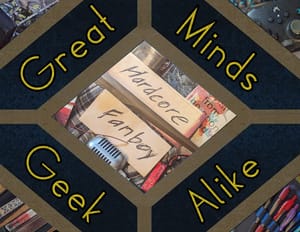We're All in the Dark, and We're All Not Guilty.
This is probably the most valuable lesson I learned from my undergraduate studies in the Creative Writing department of San Francisco State University. I learned this from the best teacher I had, Matthew Clark Davidson. I miss having him as a mentor for both my writing and in my life. Although he doesn't know it, he helped my get over a lot of the hangups I had about how I viewed myself, my writing, and interacted with world around me.
The first important lesson Matthew taught me that to be a student of creative writing was not about the study of writing. He would frequently remind the students in all four classes I took with him, that very few of the Creative Writing Students at SFSU would ever go on to make careers as writers, and that we should not choose that as a focus for our studies. Instead, being that the Creative Writing major was one of many courses of study in the College of Humanities, we should use it as a vehicle to study the human condition. If we can learn to use our writing to give us a greater understanding of the observations we make about humanity, it will serve us well no matter where our careers take us. Thank God I heard these words in my 30s rather than in my 20s, or I probably wouldn't have been mature enough to understand them.
The second, and probably more important lesson I learned from Matthew was when he said, "We're all in the dark, and we're all not guilty." He was speaking about this in terms of characterization in fiction, but it had a much broader scope than that. Even in my early 30s, I didn't quite grasp it until after I'd graduated.
As predicted, I hadn't gotten that six figure advance with a movie deal just out of college, so I was forced to go back into the high-drama world of teaching ballroom dance. I found a new studio that had opened in my hometown via craigslist, and so sent off my resume. I got a call the very next day, set up an interview the the next day, and the next day, I had a job. Now, over the course of working for my new boss and his wife, I learned some interesting things about him, namely that he belongs to a cultish-psuedo-religion that pops up very frequently in the news. Several high-profile Hollywood actors claim membership. Now, I'm not one to knock another person's faith, as for a while in my twenties, I did some exploring into some esoteric spirituality. I'll say this one thing on the matter, and leave it at that: perhaps people should give careful thought to putting their faith in a religion started by a science fiction writer. Just sayin'. On the other hand, if it makes you happy and brings you fulfillment, by all means, enjoy yourself.
Anyway, this boss could never seem to accept that certain reoccurring business problems were not due to the constant turn over in employees, but rather due to certain personality traits that he refused to examine. About the third or fourth time he complained to me about the same problem, but attributing that problem to a different employee, the immortal words of Matthew Clark Davidson came back to me, "We're all in the dark, and we're all not guilty."
Since that moment, I've really tried to be aware of my life and how my choices affect my situation. Currently, I'm in a rough spot. Some of you know what's going on, and if you do, I will rely on your discretion. I know I am in some part culpable to my situation, and it's been perhaps a long time brewing. The trouble I'm having is separating myself from the raw emotion of the situation to really take a good, honest objective look at where I am and how my actions and choices got me to this spot. I think that's the real secret to the truth of that one statement. We choose to keep ourselves in the dark because we don't always have the emotional fortitude and strength of character to face the truth of how our actions and choices have placed us in situations that challenge us more than we care to admit.
